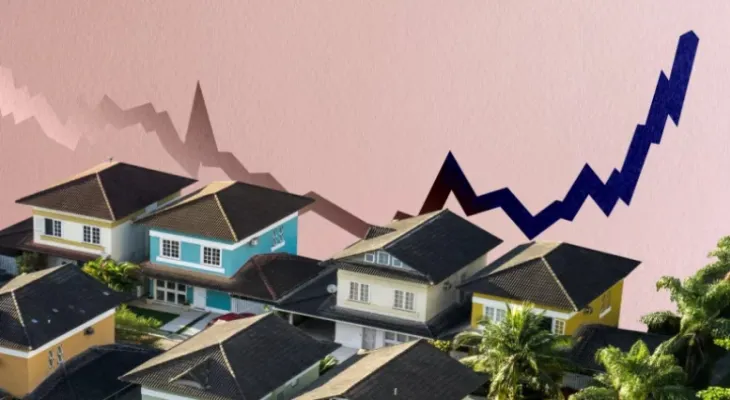Search here
Newspaper
Search here

Arab Canada News
News

Published: October 3, 2022
Buying a home has become unaffordable for Canadians even with declining house prices, according to new reports issued by the Parliamentary Budget Officer and RBC. The house price assessment conducted by the PBO office and published on Thursday states that the cost of an average home is 67 percent higher than what an average family can afford, and they would need to spend 60 percent of their income on ownership. This is despite a 7 percent drop in house prices from February to August of this year. According to the budget officer, the national average home price in February was 50 percent higher than it was two years ago, with the average home price peaking at $839,600 in February 2022, a 52 percent increase from $551,100 in February 2020. Since then, prices have declined by seven percent, reaching $777,200 in August. But with rising interest rates, buying a home remains difficult for the average family, the assessment says.
Using a methodology developed by the International Monetary Fund to examine household borrowing capacity and home affordability in selected Canadian cities, the Parliamentary Budget Officer (PBO) says that a home considered affordable for a median family in August would cost $464,952, while the national average home price was 67 percent higher. Also, the gap has widened since December 2021, when the national average home price was about 45 percent more expensive than what a median family could afford, according to the budget officer. The RBC report, published on the same subject Thursday, states that buying a home has never been this expensive according to its affordability measures. The average Canadian family would need to spend 60 percent of its income to cover ownership costs. For those living in Toronto and Vancouver, the figures reach 83 percent and 90 percent respectively. Both RBC and budget officer Yves Giroux attribute the worsening situation to rising mortgage costs, as the Bank of Canada has aggressively raised interest rates to cool high inflation.
Since last March, the central bank has raised the key interest rate by three percentage points, with the current key interest rate at 3.25 percent and another increase expected next October. The interest rate hikes fuel increased borrowing costs for those seeking mortgages, thereby slowing down the housing market. RBC expects affordability issues to peak by the end of the year, and as house prices continue to fall and interest rates eventually stabilize, the bank expects affordability to improve. The report states: "The good news is that broad market contraction paves the way for some improvements in affordability in the future." Based on the scenarios created by the Parliamentary Budget Officer (PBO) to measure the direction of house prices, prices could decline by 12 to 23 percent by the end of the year from the peak reached in the winter.
Comments